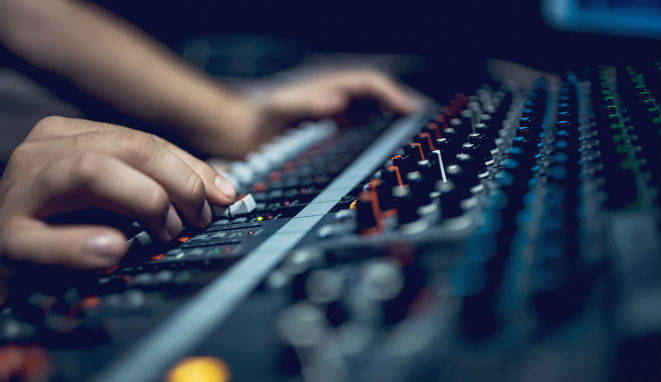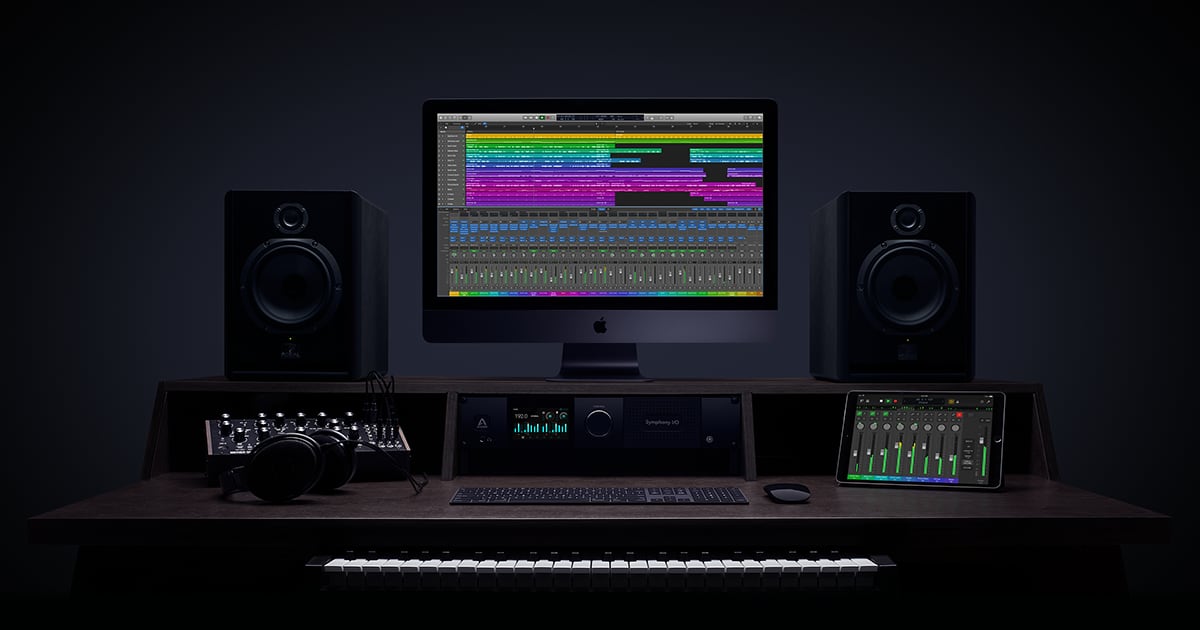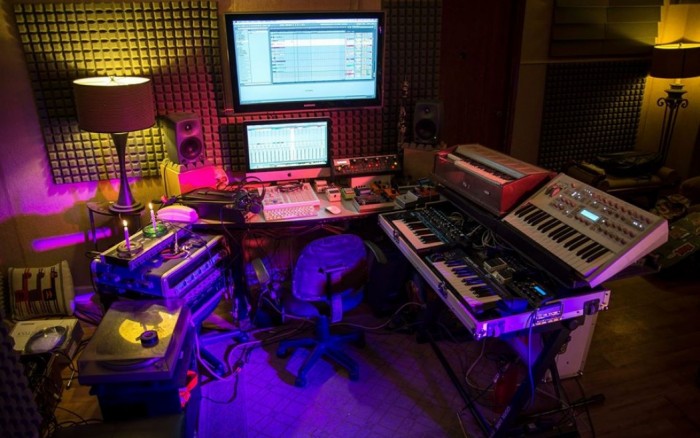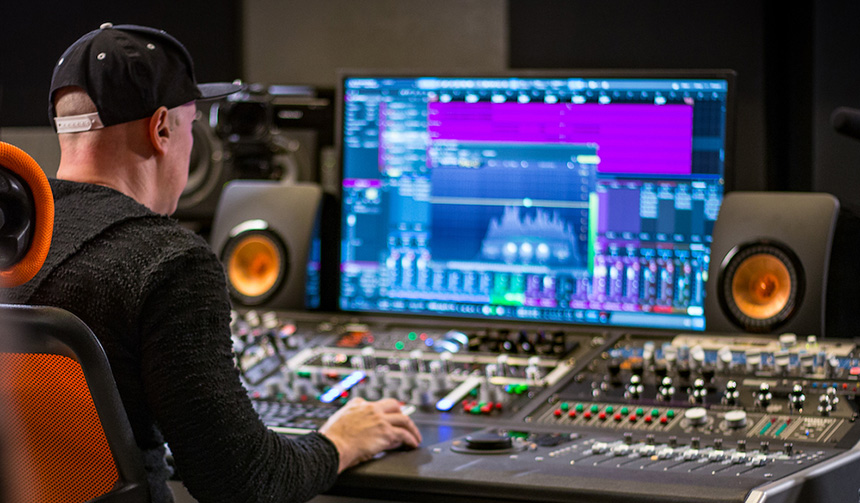I don’t know if you are aware, but when you start mixing your first music tracks you do it all in a very cerebral and very unsentimental way: most production neophytes try to achieve impossibilities through certain totally technical strategies. Even I myself – although I seem to be pretty sure that this is not the case – did this for quite some time until I realized that both production and mixing are not engineering, but craftsmanship. Get this into your head before I can recommend everything I know. Both the craftsmanship concept of mixing engineering and my advice will make you skip a lot of missteps that come from misconceptions about sound editing.
It is very important that when you produce or edit a track you think to emote, but emote with balance. Don’t get excited for the sake of getting excited, because space is limited, okay? I mean, you have to streamline your listening and mix in a technical way, but the ultimate goal is emotion, so if what you’re mixing sounds very clean but you feel that you haven’t made the most of the changes between parts of the structure or the vocals, a certain instrument… you haven’t got a good mix.
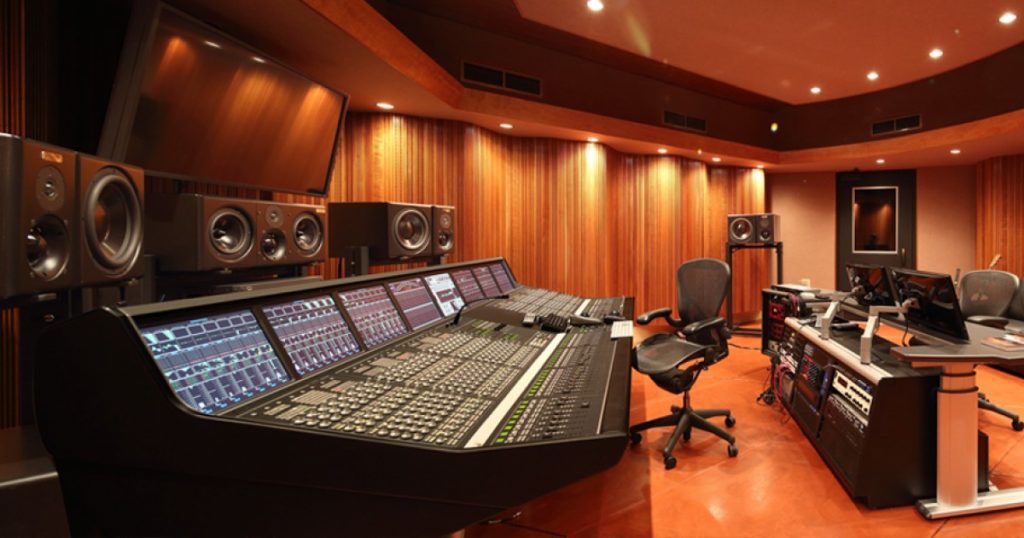
And now I’m going to give you a series of tips that summarize what I’ve been able to understand about this complex world in these years of dedicating myself completely to production and mastering:
1 It all comes down to power of choice
Another concept you have to hammer into your head. Power of choice not only affects editing and mixing, but also production. If you haven’t chosen good sounds in this part, the end result won’t sound as good and will result in a poorer quality master. This is true for many reasons, not the least of which is the lack of possibilities of the sound that is handed over to the mastering engineer.
And never underestimate the issue of demotivation on the part of the professional. Even if he doesn’t tell you, if your production is not good, the person in charge of editing will work less because of lack of motivation. So you have to focus on getting a good result by choosing each component well. Forget about “miracle mixes that save mediocre tracks”.
2 The secret of a good mastering is mentalism.
Pure alchemy. I’m sure you’ve noticed the taste of beer when you’re drinking it, but after taking a sip the taste changes, right? This is the same thing; you can remember one of the tracks you’ve been listening to on loop lately. “Oh my God, how that bass sounds, it’s huge and it’s so loud”. Well, it doesn’t really sound that loud.
That’s right, it’s more your mental sense of volume than the actual presence of that bass. What the mix engineer has done is to give it a very high sense of presence by working each part of the frequency spectrum in a different way so that, without having a totally unbalanced volume, it sounds very present. However, you get the feeling that it is incredibly loud, and not only is it not annoying, but it adds a lot of quality to the track and keeps you listening until the end.
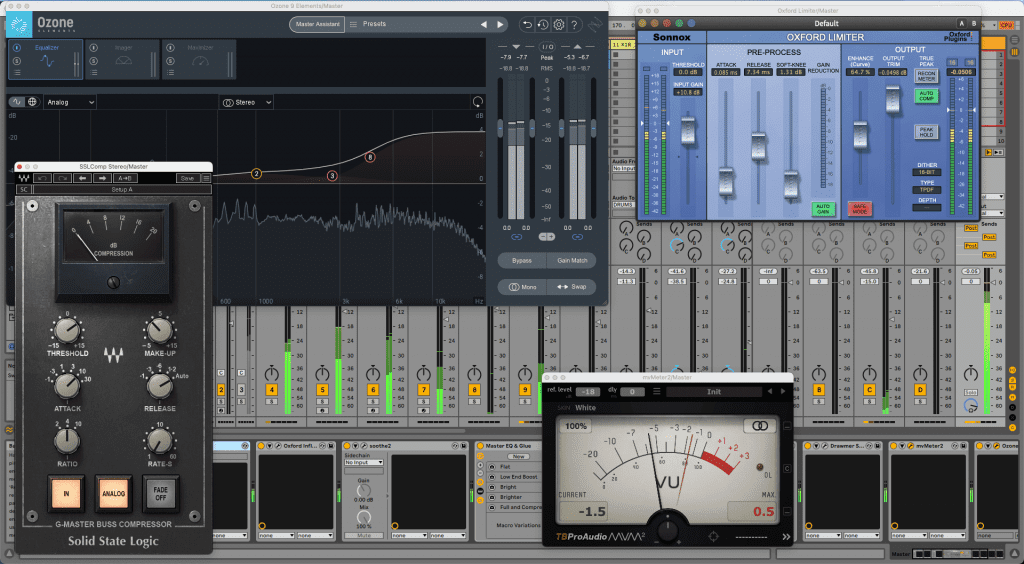
3 Don’t spend too much time focusing on one thing.
It can make you forget other important elements to highlight or attenuate. Failing that, if you have time or your client is not in a hurry to have his master finished, master the track and then review it after a few days without listening to the work. This pause will be essential for you to identify any excesses you may have committed during the mastering session.
It is important that you consider yourself human and not a medium or an immortal being; mistakes are made in music, whether you are an apprentice or an expert. You have to accept criticism and, of course, be self-critical and proactive.
4 Don’t squeeze everything madly!
There are things that just by compressing them a little will lose the aesthetic sense you wanted to give them in the beginning. Don’t worry so much about the sound peaks, a certain element with nice peaks can be positioned at an adequate volume instead of compressing and raising the gain. I know better than anyone that it’s very difficult to forget about getting a good volume feel, but try to stay as far away from competing with particular tracks as possible because it’s rarely a good idea.
Also, you have to keep in mind that generating a good or high volume feeling is not just a matter of compression, in fact it’s more a matter of finding a good timbral balance from the first choices of the production.
And as we go down into the depths of this volcano of mix engineering (craftsmanship actually) we go to the denser points
5 Achieve a good timbral balance.
Listen to a lot of music, analyze it, dissect it as if it were a frog and you were in science class. Write down (and amputate) everything you hear on a piece of paper. Imagine how they have created it, how they have worked each part of the sound. Analyze the tracks with stereo imagers and mastering metrics. See at which HZs the kick drum excels, at which ones the bass moves, how far you can feel the face of each instrument in the mids and highs. Systematize your learning and one day you will be great!
6 Study!
It doesn’t matter if it’s online or in person. In fact, don’t hesitate to study online, it’s cheaper and when it comes to production you don’t need to be in person to learn better. Nowadays, software and hardware lessons can be learned just as effectively online as in person. Mixing and mastering can be learned entirely online, and so can production, and the courses have direct contact with the professionals who teach the lessons, so you can learn production coffee in hand and in the most comfortable armchair in your home. Now grab your agenda and keep this course that I am passing on to you here, as it can be important for you to improve your quality in the blend:
Well, now that I have recommended you one of the most important things, don’t settle for it! You have to know how to release all your knowledge so that it doesn’t limit you. You know a lot of technical things, you have studied several production courses and you are very correct. Now don’t overdo it, decide what is convenient, sometimes the right thing is not the best option. Use your heart a lot, because in the courses what you will develop the most is the mental part. And above all, always try to do your work as if it were something voluntary, enjoy!
That’s all for today, I leave you some blogs of the style down here, greetings and see you next week!
